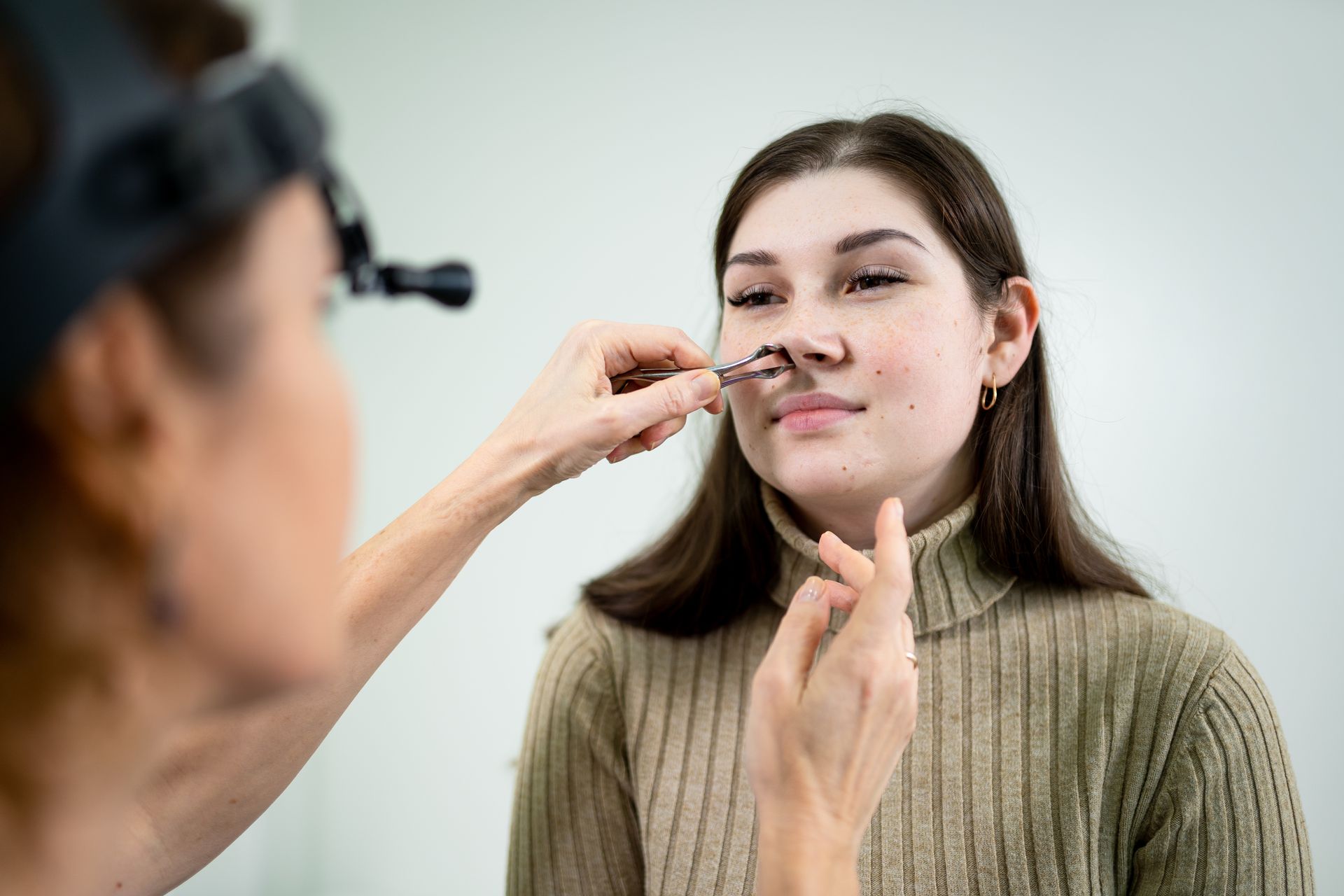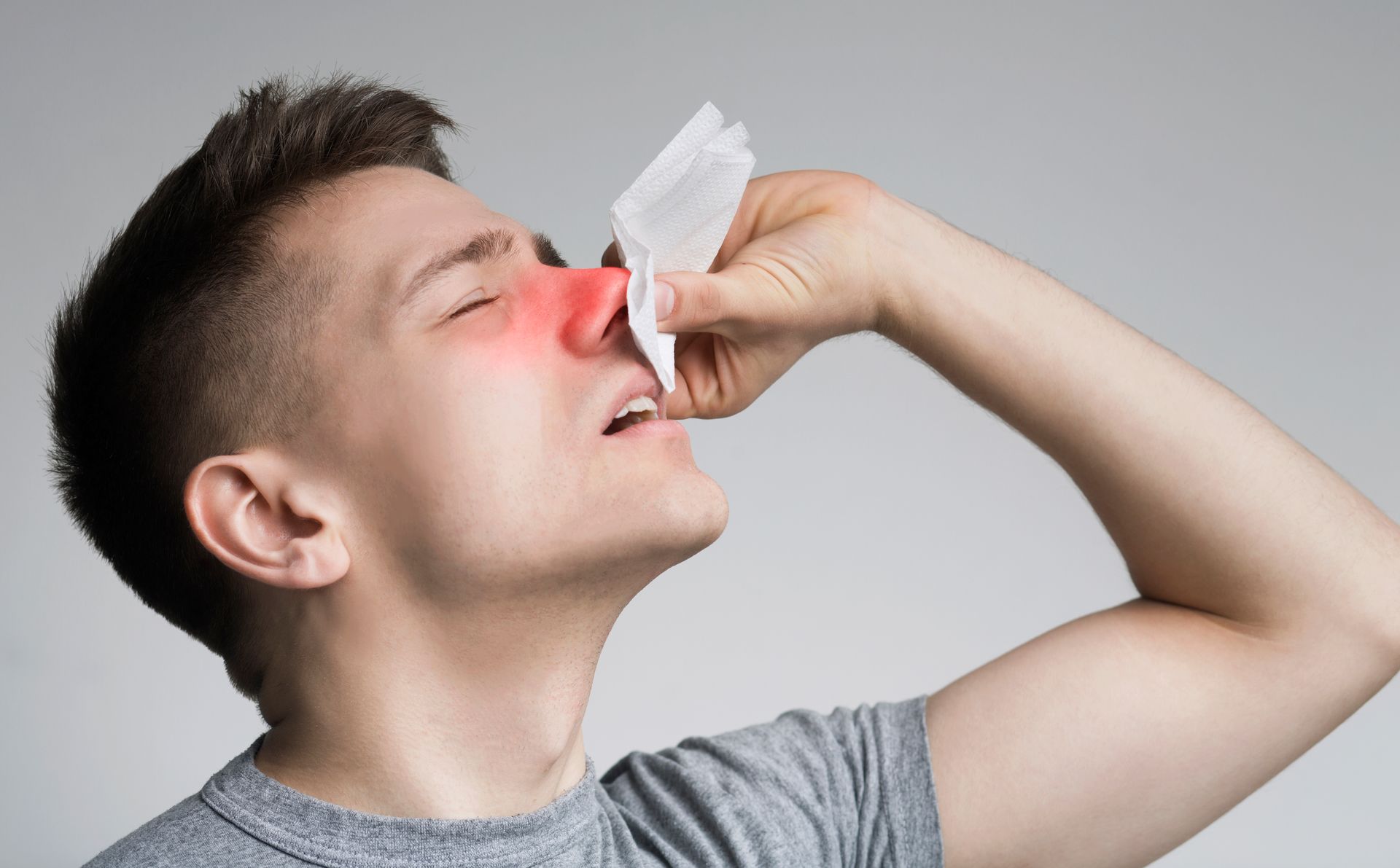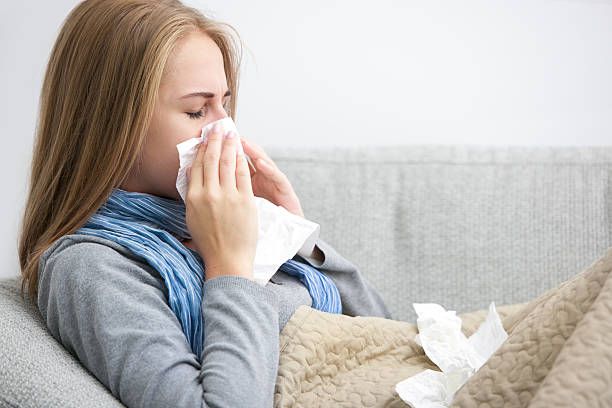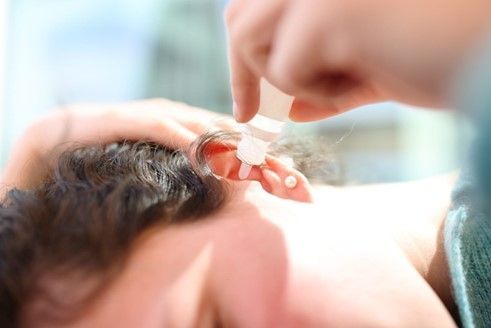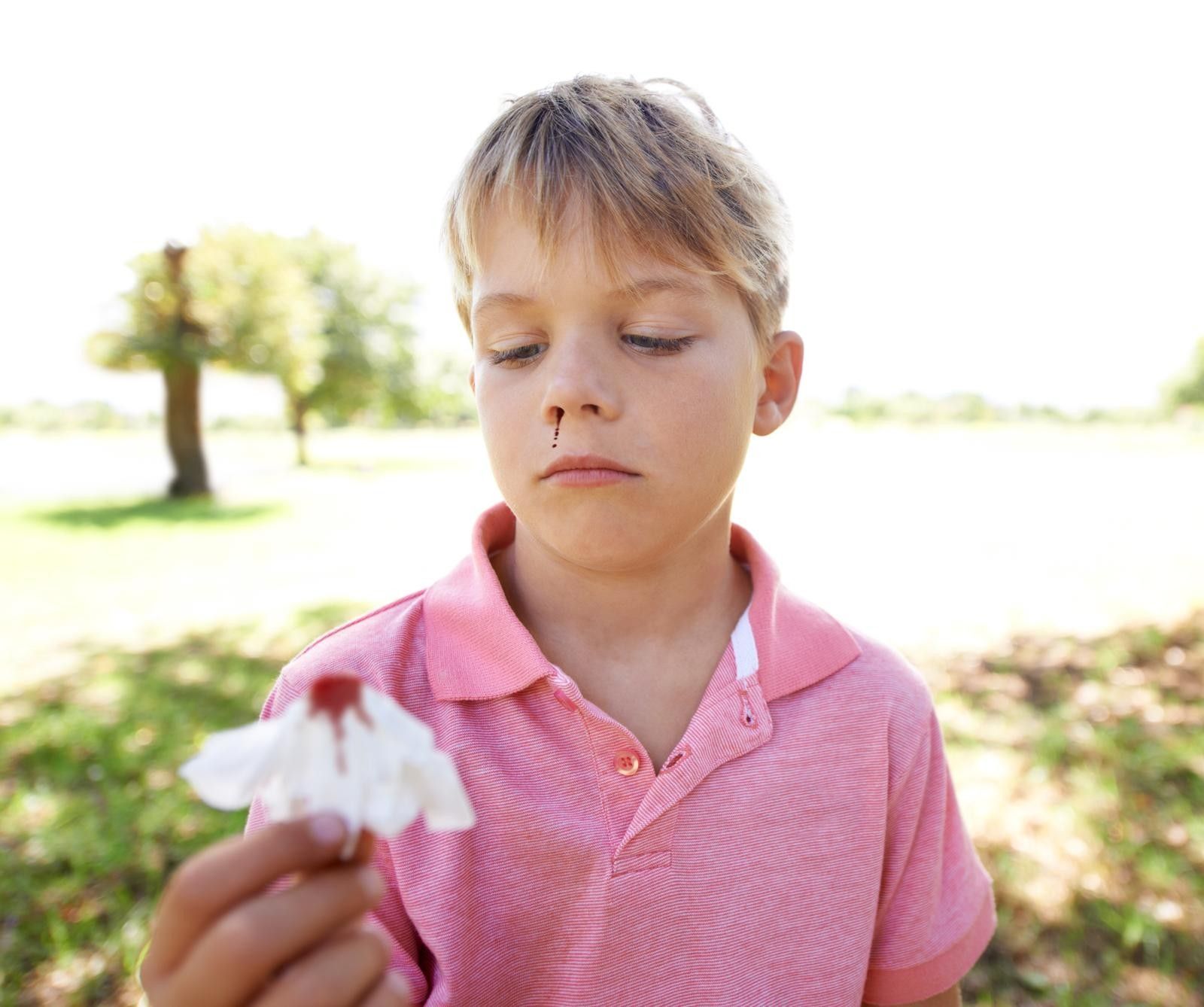Is Gustatory Rhinitis the Same as Food Allergies?
Have you ever taken a bite of a spicy meal and suddenly found yourself sniffling and sneezing? Or perhaps you've experienced a runny nose after eating certain foods and wondered if you have a food allergy? You're not alone. Many people confuse gustatory rhinitis with food allergies, but they are two distinct conditions with different causes, symptoms, and treatments. Understanding the difference is key to finding the right relief and avoiding unnecessary dietary restrictions.
What is Gustatory Rhinitis?
Gustatory rhinitis is a type of nonallergic rhinitis that causes nasal symptoms specifically in response to eating. The term "gustatory" refers to taste or eating. Unlike an allergic reaction, it does not involve the immune system. Instead, it's thought to be caused by an overstimulation of the vagus or trigeminal nerves in the nose and mouth when you consume certain foods. This nerve stimulation triggers a reflex that causes the nasal glands to produce excessive, watery mucus.
Key Symptoms of Gustatory Rhinitis
Symptoms begin almost immediately after consuming a trigger food and typically resolve soon after you finish eating. They are confined to the nose and throat and include:
- Runny nose (rhinorrhea): Often a sudden, clear, watery discharge
- Nasal congestion: A stuffy nose
- Sneezing
- Postnasal drip: Mucus dripping down the back of the throat
What Are Food Allergies?
In contrast, a food allergy is a serious immune system response. Your body mistakenly identifies a specific food protein (an allergen) as a harmful invader and launches an attack. This triggers the release of histamine and other chemicals into the bloodstream, causing a systemic reaction that can affect multiple parts of the body.
Key Symptoms of Food Allergies
Allergic reactions can range from mild to severe (anaphylaxis), which is a life-threatening medical emergency. Symptoms usually appear within minutes to two hours after eating and can include:
- Skin reactions: Hives, itching, eczema, swelling of the lips, face, or throat
- Gastrointestinal issues: Nausea, vomiting, abdominal pain, diarrhea
- Respiratory problems: Wheezing, shortness of breath, tightness in the throat
- Cardiovascular symptoms: Dizziness, lightheadedness, a sudden drop in blood pressure
- Nasal symptoms like sneezing or congestion can also occur, but they are almost always accompanied by other allergic signs like itchy, watery eyes, or skin itching
Key Differences: Gustatory Rhinitis vs. Food Allergy
This table summarizes the critical differences to help you tell them apart.
| Gustatory Rhinitis | Food Allergy | |
|---|---|---|
| Underlying Cause | Nerve reflex (non-immunological) | Immune system overreaction |
| Primary Trigger | Hot, spicy, or strong-flavored foods | Specific food proteins (e.g., nuts, shellfish) |
| Onset of Symptoms | Immediate, while eating | Within minutes to 2 hours after eating |
| Common Symptoms | Runny nose, congestion, sneezing (limited to nose/throat) | Hives, swelling, itching, vomiting, wheezing, anaphylaxis (whole-body) |
| Itchy/Watery Eyes | No | Very common |
| Duration | Short-lived; resolves after eating | Can last for hours or require medical intervention |
| Diagnosis | Based on history, ruling out allergies | Allergy testing (skin prick tests, blood tests) |
| Treatment | Avoiding triggers, nasal sprays | Strict allergen avoidance, epinephrine auto-injector |
Can You Have Both Gustatory Rhinitis and Food Allergies?
Yes, it’s possible to experience both conditions simultaneously. You may have food allergies to certain foods (like peanuts or shellfish) while also suffering from gustatory rhinitis triggered by spicy foods or hot beverages. It’s important to treat each condition based on its specific cause and triggers.
Can Gustatory Rhinitis Be Dangerous?
While gustatory rhinitis is usually a mild, non-threatening condition, it can be uncomfortable. The reflexive symptoms may lead to frequent sneezing, nasal irritation, and congestion, which could interfere with daily activities. However, gustatory rhinitis doesn’t pose the life-threatening risks associated with food allergies.
When to See a Doctor
Consult an ear, nose, and throat provider or an allergist/immunologist if:
- You are unsure of the cause of your symptoms.
- Your symptoms are severe, painful, or affecting your quality of life.
- You experience symptoms beyond your nose (e.g., hives, swelling, breathing difficulties).
- Over-the-counter treatments do not provide relief.
Seek emergency medical attention immediately if you experience signs of anaphylaxis, such as difficulty breathing, swelling of the tongue or throat, a rapid pulse, or dizziness after eating.
Nasal and Sinus Issues Relief in Louisville, Kentucky, and Jeffersonville, Indiana
If you're unsure about your symptoms or if they’re becoming more frequent, reach out to an ENT specialist for a thorough evaluation and personalized treatment plan. Our experts at Kentuckiana ENT can help. Call us or schedule a consultation online to be properly assisted.
